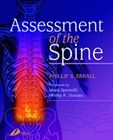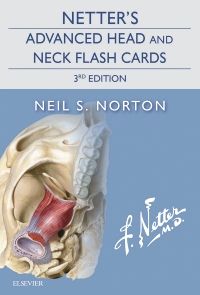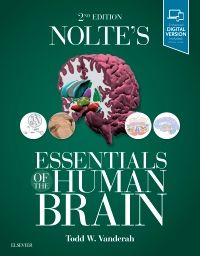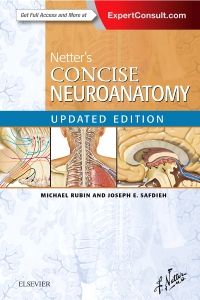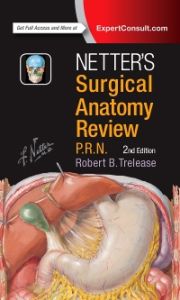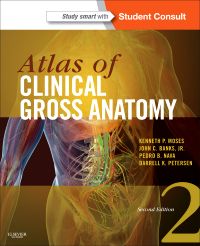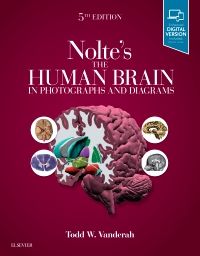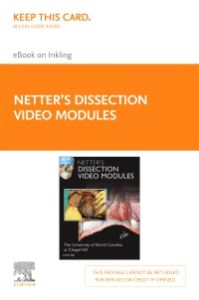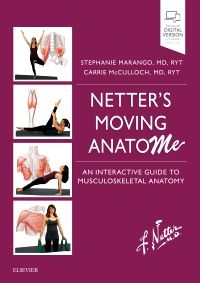Assessment of the Spine, 1st Edition
A systematic, integrated approach to manual assessment of the spine and its related articulations. Presented in a way which will fit into any chiropractic curriculum and written at a level suitable for undergraduate students and newly qualified practitioners. Observational and manual techniques of examination and assessment are described and discussed and guidance is given on how the findings may be recorded and analysed in order to arrive at an appropriate working diagnosis. The book is highly illustrated with line drawings, radiographs and photographs.
A systematic, integrated approach to manual assessment of the spine and its related articulations. Presented in a way which will fit into any chiropractic curriculum and written at a level suitable for undergraduate students and newly qualified practitioners. Observational and manual techniques of examination and assessment are described and discussed and guidance is given on how the findings may be recorded and analysed in order to arrive at an appropriate working diagnosis. The book is highly illustrated with line drawings, radiographs and photographs.
Key Features
- The coverage presents a fully comprehensive approach to spinal assessment and the techniques involved.
- Recognition of other professional groups acknowledges their aspects of techniques, as well as providing the reader with relevant knowledge that is now becoming part of chiropractic practice.
- Key points and tips, practical learning tasks, and strong visual design help teach various aspects of chiropractic practice.
- Vivid illustrations, including photographs, radiographs, and line diagrams, aid the reader in learning what is under the skin, so that they know what they can feel, as well as what they can see.
- The content will provide a sound base for learning about treatment and for putting it into practice.
- Essential for safe referral, the material encourages organized and coherent history-taking and recording of findings in a way that can easily be referred to by other practitioners.
Author Information
By Phillip Ebrall, PhD, Head of Department, Department of Chiropractic, RMIT, Melbourne, Australia


